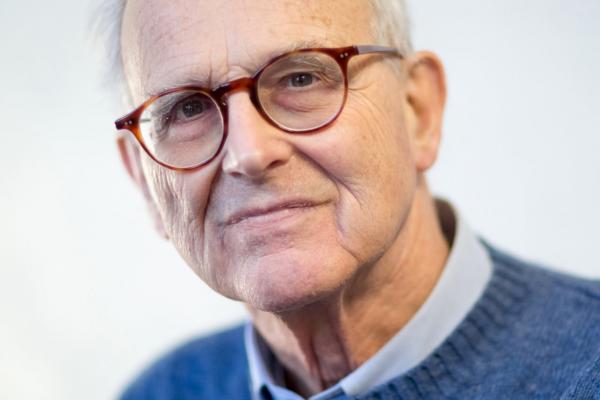
The Department of Physics is pleased to host 2017 Nobel Laureate, Rainer Weiss, as the 56th Annual Smith Lecturer. The Smith Lecture began in 1960 as an event sponsored by the Department of Physics and the Graduate School and was held in one of the classrooms in Smith Lab. It has grown to need a much larger space, often drawing crowds that number greater than 500 persons from the university and the wider central Ohio area. We are proud to count a great number of Nobel Laureate's among our speakers, including this year's speaker. Due to the generosity of the family of Alpheus Smith, former chair of the Department of Physics, Dean of the Graduate School and first President of the OSU Research Foundation, the lecture has been endowed and named in his honor.
Prof. Weiss along with Kip Thorne (Smith Lecture 1995 and 2015) and Barry Barish, all a part of the LIGO Scientific Collaboration, were awarded the 2017 Nobel Prize in Physics "for decisive contributioins to the LIGO detector and the observation of gravitational waves"
SHORT BIO - Born Sept 29, 1932 Berlin, Germany, MIT BS 1955, PhD 1962, Tufts University Physics faculty 1960-1962, Post doc Princeton 1962-1964, MIT Physics faculty 1964-2001, emeritus 2001---, Adjunct Professor of Physics LSU 2001--- . Primary areas of research: Atomic clocks, Cosmic background radiation measurements, Gravitational wave detection.
Prof. Weiss' talk will be entitled "Exploration of the University with Gravitational Waves"
ABSTRACT
The observations of gravitational waves from the merger of binary black holes and from a binary neutron star coalescence followed by a set of astronomical measurements is an example of investigating the universe by “multi-messenger” astronomy. Gravitational waves will allow us to observe phenomena we already know in new ways as well as to test General Relativity in the limit of strong gravitational interactions – the dynamics of massive bodies traveling at relativistic speeds in a highly curved space-time. Since the gravitational waves are due to accelerating masses while electromagnetic waves are caused by accelerating charges, it is reasonable to expect new classes of sources to be detected by gravitational waves as well. The lecture will start with some basic concepts of gravitational waves. Briefly describe the instruments and the methods for data analysis that enable the measurement of gravitational wave strains of 10-21 and then present the results of recent runs. The lecture will end with a vision for the future of gravitational wave astrophysics and astronomy.
The Smith Lecture is Free and Open to the Public.
